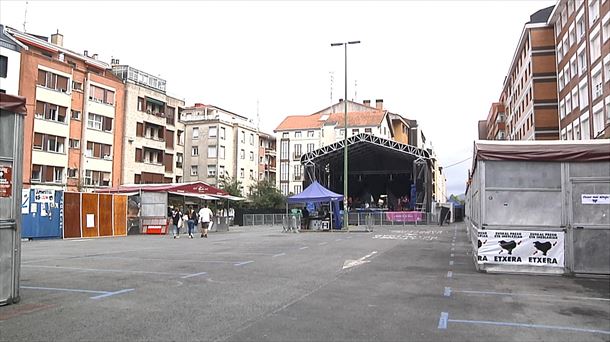Chancellor Karl Nehammer (ÖVP) reconfirmed in a broadcast on Saturday that Austria says no to the accession of Romania and Bulgaria to Schengen. Earlier there was international criticism and a lack of understanding for Austria’s actions. The rejection is a matter of security for Austria, the Chancellor reiterated, criticizing a “failed EU asylum policy”. In addition to Tunisians, from January 2023, Indians will no longer be allowed to enter Serbia without a visa.
Austria’s blockade of Romania and Bulgaria’s accession to the border-free Schengen area on Thursday caused quite a stir. Criticism was leveled not only by German Foreign Minister Annalena Baerbock, but also by the right-wing governments in Italy and Hungary, who are known to be hardliners when it comes to migration issues. Romania also resorted to drastic diplomatic measures, calling its ambassador to Austria, Emil Hurezeanu, back to his home country for talks.
Chancellor: ‘The security problem must finally be solved’
Now Nehammer confirmed Austria’s approach, arguing with security issues: “There will be no expansion as long as the external border is not effectively protected. The EU’s failed asylum policy has caused this situation.” According to him, attempts are being made to pressure Austria with threats and polemical arguments: “As long as 75,000 foreigners arrive unregistered in eastern Austria, this is a security problem and it must finally be solved.”
After Tunisians have not been allowed to enter Serbia without a visa since mid-November, this will also apply to Indians from January 2023. This will put an end to ‘asylum tourism via Serbia’. Asylum applications from Tunisians have “dropped dramatically” since visa-free access ended. From Nehammer’s point of view, the migration debate was revived with Austria’s right of veto at the EU level.
The Interior Ministry also cited a number of figures intended to explain Austria’s restrictive approach. An excerpt: 40 percent of the migrants come to Belgrade by plane and then arrive with smugglers via Serbia and Hungary or via Serbia, Romania and Hungary to Austria. Another 40 percent would come overland from Turkey via, for example, Bulgaria or Romania and Hungary to Austria.
Expert: Romania and Bulgaria no relevant routes
Similar information was recently questioned by migration experts such as Judith Kohlenberger: From a purely geographical point of view, Bulgaria is no longer a relevant route for people traveling to Serbia without a visa. And only three percent of all asylum seekers in Austria would take the (detour) route via Romania, she wrote on Twitter. The fact that Austria blamed Romania and Bulgaria, but not Hungary or Croatia, was “irrational and hypocritical”, she criticized. The Interior Ministry disagreed with the said three percent. Romania had previously also accused Austria of arguing with false numbers.
While Foreign Minister Alexander Schallenberg (ÖVP) stressed to various broadcasters on Friday that Austria’s action was not a veto, but rather a “cry for help”, the chairman of the state party of the Vienna People’s Party, city councilor Karl Mahrer, demanded on Saturday in a Dispatch to take Austria’s “veto” seriously: “A rethinking of asylum and migration policies in Europe is necessary. Only then can freedom and security be guaranteed as fundamental rights,” said Mahrer.
In a “Europe of freedom to travel and completely different social systems, a discussion about distribution makes no sense. An expansion of the Schengen system, which no longer works anyway, makes no sense, it said.
Source: Krone
I am Ida Scott, a journalist and content author with a passion for uncovering the truth. I have been writing professionally for Today Times Live since 2020 and specialize in political news. My career began when I was just 17; I had already developed a knack for research and an eye for detail which made me stand out from my peers.



